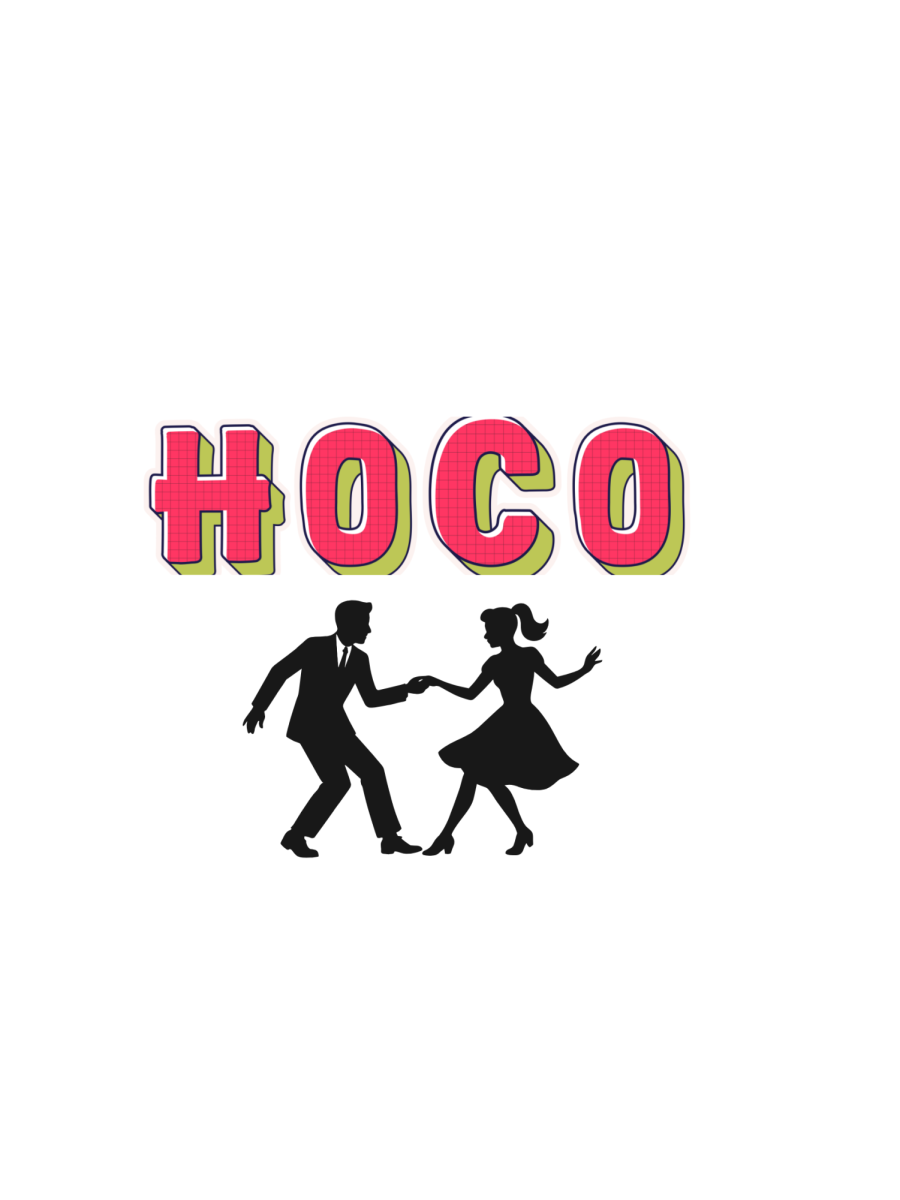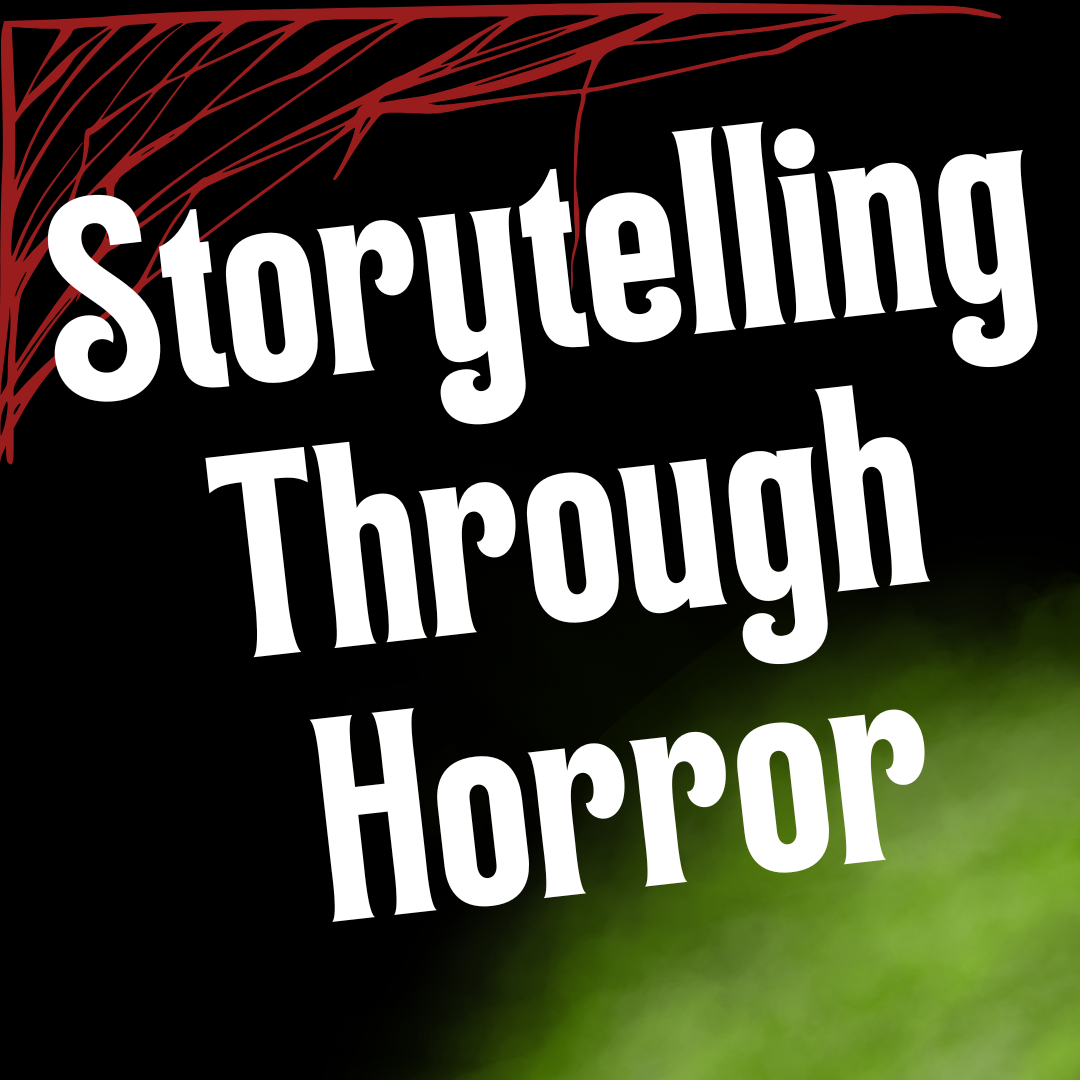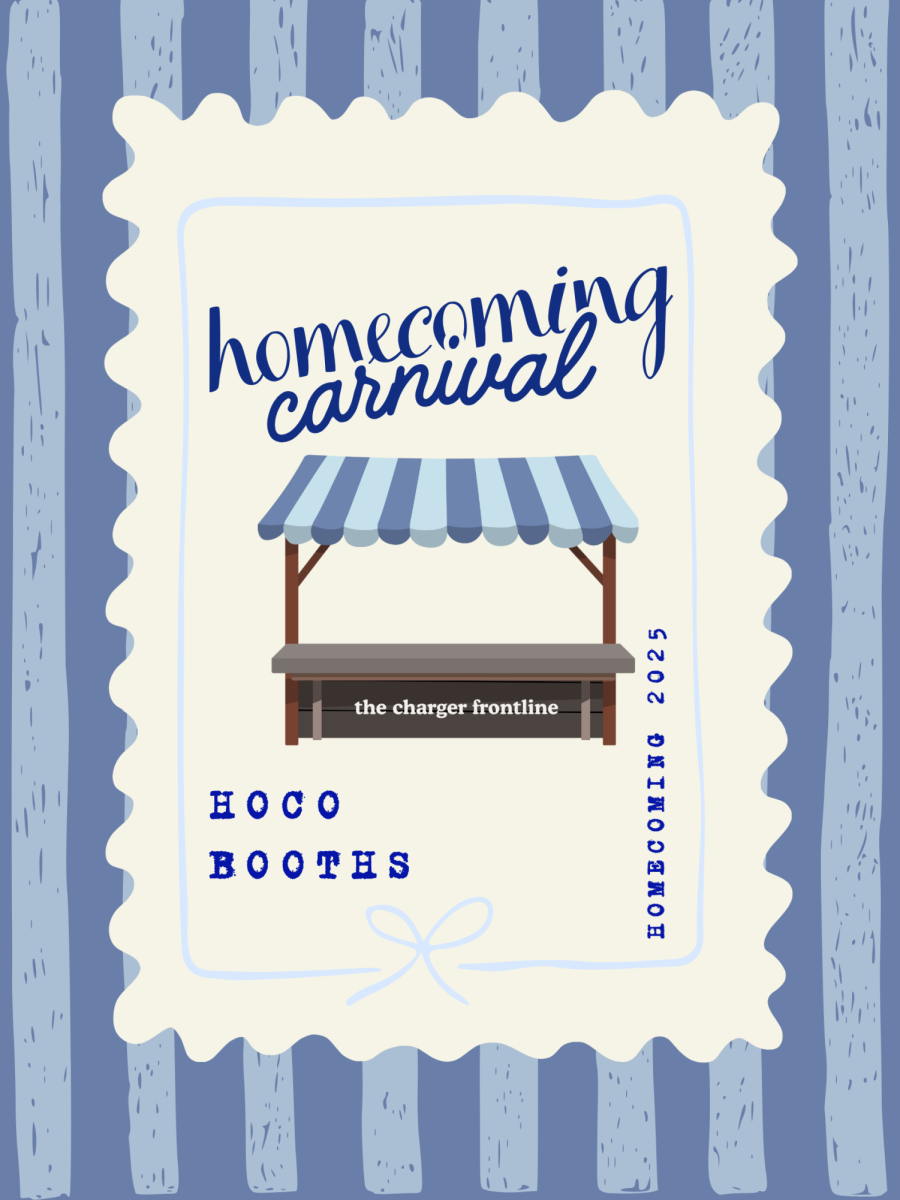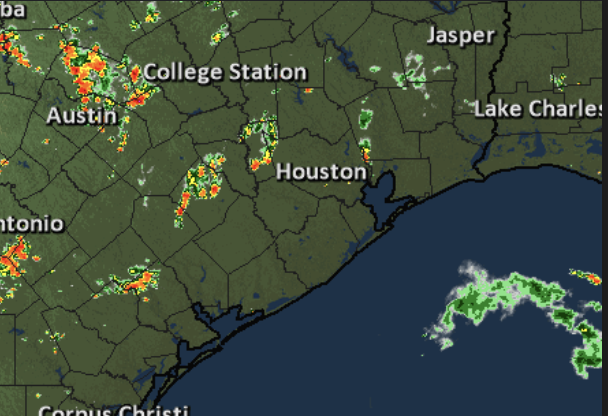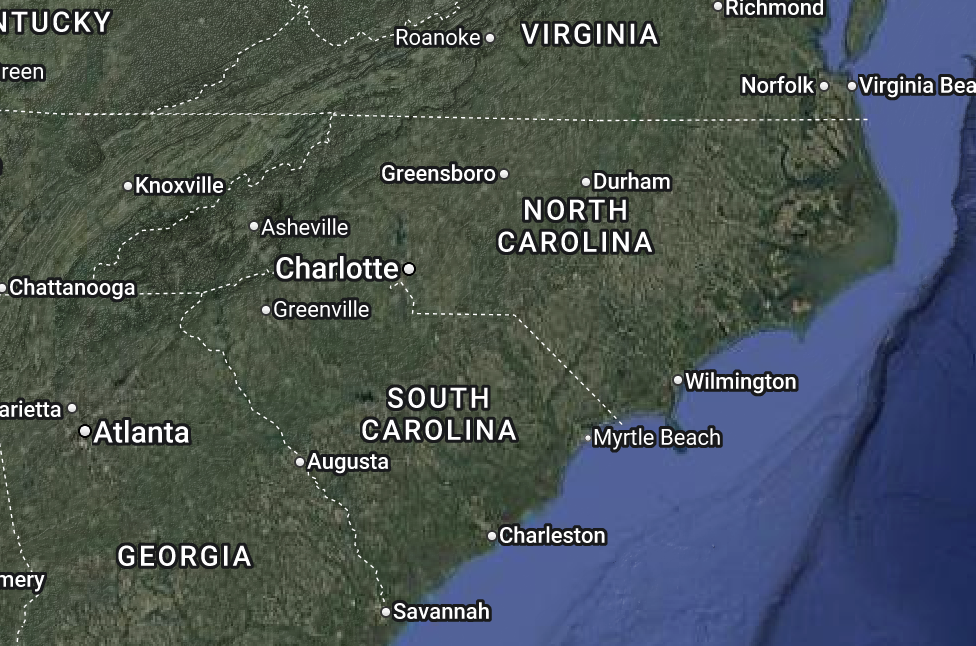
For some of us, reading comes as easily as breathing. For others, not so much. But it’s a new year and a fantastic opportunity to start forming beneficial habits. In other words, it’s a perfect time to start reading. The goal to read more, while common, is very vague and without benchmarks it’s easy to lose motivation and give up entirely. To help combat this, many take part in reading challenges throughout the year.
Reading challenges come in various forms and intensities. One of the most well-known, the Goodreads challenge, involves reading a specific number of books in a year. While some find it helpful in setting concrete goals, especially among new readers, it’s also criticized for placing quantity over quality and encouraging people to read books for their shorter length instead of content that interests them.
Others deal with themes or ideas. For example, there have been several variations of a Books Around the World challenge which prompts readers to explore literature from other countries. Another popular variant is the A to Z challenge, which is completed by reading a book with a title that begins with every letter of the alphabet. And for more seasoned readers, there exist many challenges designed to help work through to be read lists or books that have sat on shelves unread since their purchase. There are even audiobook challenges suited for more auditory learners.
These challenges help readers expand their horizons and provide community support for attaining set goals. With the internet widely available, a quick google search is all it takes to set and manage goals.
However, there is still a danger of losing motivation with this approach. Similarly to many other New Years’ resolutions, people start out optimistic and overpromise only to become overwhelmed and give up three weeks later. The way to combat this is to know your limits. A mindjoggle.com article categorizes challenges according to intensity, from “chill” readers who aim to read at least a book per month to “ambitious” readers who read one or more books in a week.
“I think reading challenges are great,” says a fellow high school student and book lover. “Especially when given a competitive aspect or with some kind of reward at the end because it brings different types of people to read more.”
The thing to remember is making the challenge work for you and not the other way around. Reading goals are only there to help, not to be a source of intense anxiety that makes even picking up a book a dreadful task. So, whether the way to do that is to follow a prompt list or search for all the book covers that are blue, if reading is fun then there is no way to go wrong. Is it becoming too hard to fail? Schools are shifting toward no-zero grading policies – The Washington Post



